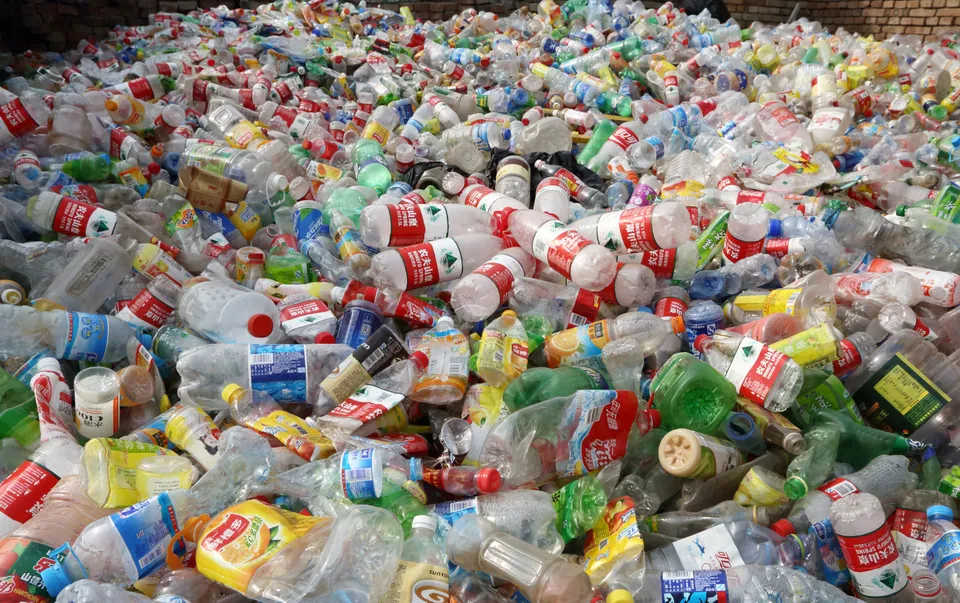The impact of individual action in the Climate Crisis
On average, the typical shower in the United Kingdom uses 13 litres of water every minute. This means that those people, like myself, who take a 2.5 minute shower, use around 30 litres of water. The same household will get through around 66 plastic-packaged items within a 7-day period and throw away around 1/3 of the produce bought within a weekly shop. The idea that changing the lifestyle of Western nations in line with present facts has no bearing on the effects of the climate crisis is simply not logical.
“With cascades of information designed to both raise awareness and persuade, people can pick and choose the parts of global fight for Climate Action that they want to take up and ignore the parts that they don’t.”
Mainstream media news coverage labelled the effects of excess consumption as part of a global ‘Climate Crisis’ fourteen years ago, in 2010. In this time, there have been 13 Conference of the Parties (COP) international climate agreements in which nations from all over the world have vowed to use their resources to readdress the effects of climate change.
In the throes of all this, the question of ‘What can I do?’ gets thrown in the air as a kind of plea. The current generation have been labelled as the most collectively environmentally conscious, arguably due to the increased media awareness around the global climate crisis and its effects.
With cascades of information designed to both raise awareness and persuade, people can pick and choose the parts of global fight for Climate Action that they want to take up and ignore the parts that they don’t. The planet at present consumes around 350 million tonnes of meat per year. So, 18 months ago, I made the decision to cut meat out of my diet entirely. In the first few months this required a complete overhaul of a relatively meat-heavy weekly meal plan. However, as the days elongated into weeks and months, this became more and more natural.
The most common question I was asked when doing this was “what difference are you actually making?” It is a question I had a multitude of convenient statistics and moral remarks to reply with. However, people often overlook the impact of collective action. I saw the most impact in the fact that my other family members, who had been watching my vegetarianism with great interest, had begun to follow suit.
“You cannot make a wave, without the initial ripple.”
It is important to acknowledge what the climate scientists call the “ripple effect” around climate action. What any one of the 45,226,753 legal adults in the United Kingdom do within the confines of their homes may have nominal impact on the overall consequences of the Climate Crisis nationally, or even internationally. We should start looking to pair our individual actions within thinking more broadly about the effects of the climate crisis, so that individual and collective actions can work in tandem. This would act as a compounding effect, allowing the starting ripple of individual practices to crest into waves of greater collective action. It will take more robust sustainability infrastructure and planning in communities across the UK.
Renowned scientist Mike Berners-Lee stated that “we have reached the point now where we are so powerful that the world is fragile compared to our influence within it.” If we seek to solve the most pressing crisis facing our generation then some introspection must be done. It is wrong to say changes in our individual lifestyles have no bearing on the planet. This same attitude 60 years prior is what has put us in the position we are in today. It is therefore up to individuals to be conscious about how they are living and seek to make changes in small ways where they can. These small changes will have consequences we may never see. This does not mean though that they are not real.
It is true though that individual actions alone will not be enough. We need to keep taking the conversation about climate action beyond dinner tables, work lunches, group meets and coffee chats and into the community spaces where we are less comfortable putting climate conversations front and centre. You cannot make a wave, without the initial ripple.

Comments